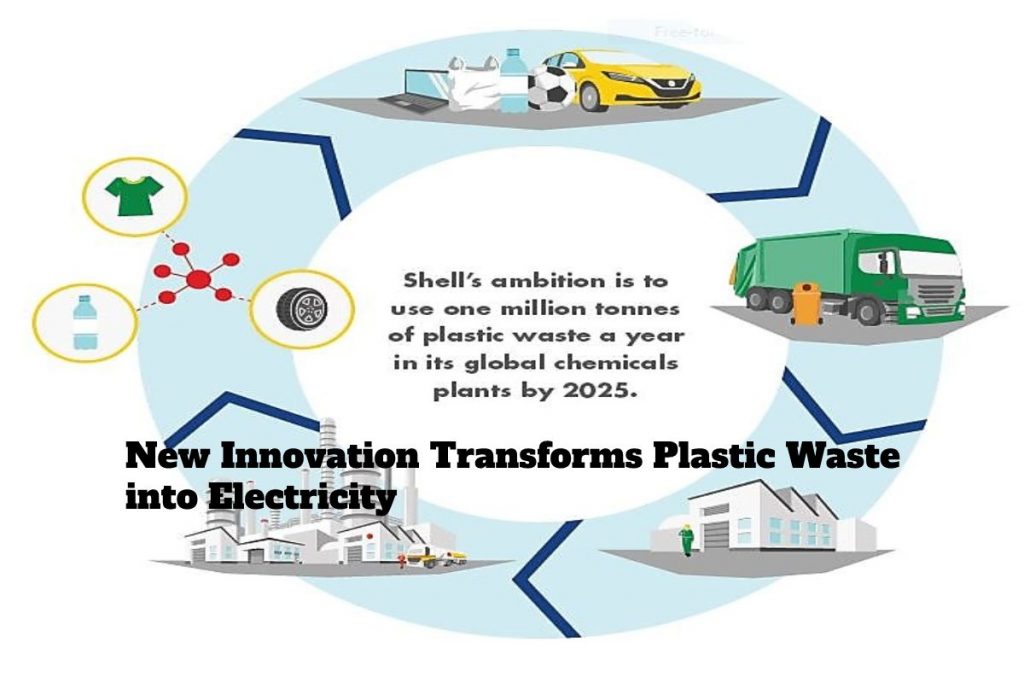Table of Contents
Introduction
Not all plastic waste is recyclable. To combat this dilemma and its danger, legislation and ways to dispose of non-recyclable plastic waste are existing pushed. So scientists are working to find new technology to help reduce waste and reduce its risk.
For example, a team of Chester university scientists has devised a way to convert all kinds of plastic waste into fuel or use it to generate electricity. This mechanism was developed to generate electricity by converting plastic into electricity and hydrogen without leaving any plastic residues, as it is completely transformed.
The project is called W2T (Waste2Tricity), meaning in Arabic (energy waste), and is done using a thermal conversion room dealing with plastic waste, where plastic evaporates hydrogen and is a manufactured natural gas used to generate electricity.
This mechanism leaves a small number of solids and liquids without causing gas residues to escalate, which means they are much less harmful than the usual waste incinerators.
The prototype existed made and worked on at the university, but the implementing company plans to build a massive factory in Cheshire in northeast England.
The Effectiveness Of The Project of Plastic Waste into Electricity
It will test the effectiveness of the project. Whether it will stand as efficient when dealing with larger quantities. Many energy conversion projects have faced massive problems before in dealing with and controlling the amount of different evaporative materials. The team believes that the plant will complete its mission to the most entire no matter what type of plastic is used.
Innovation transforms plastic waste into electricity. New technology contributes to waste generation through garbage recycling, how waste can exist used to generate electricity
To reach worldwide, they planned to start opening their factories in south-east Asia by purchasing plastic waste at $50 per tonne, giving us hope of reducing the amount of waste that ends up in incinerators and landfills. or the oceans.
Prototype Of This Project to Convert Plastic Waste
Professor joe howe of the University of Chester. “We are very excited to host the prototype of this project here at the University of Chester; this technology converts entire plastic waste into high-quality low-carbon hydrogen gas, enabling us to use it with gas engines.”
“Electricity is also one of the by-products of this process, i.e. plastic waste will not only be fuel for cars but can also lighthouses. The whole world must rise to this wonderful technology. Which will turn plastic waste into valuable materials that have the potential to provide energy to countries and cities. And most importantly, will help us clean our oceans from their waste.”
We need to remember that although personal plastic use can often end up in the ocean. The main reason the sea stands contaminated with plastic waste is the fishing industry. More than half of the plastics contaminated in the pacific ocean stand due to damaged fishing gear standing dumped into the sea.
Initial efforts to combat plastic pollution have focused on the disposal of spent plastics. However, efforts standstill limited at the sizeable industrial level and are the leading cause of pollution problems.
Moreover, methods such as those proposed by w2t can provide economic reasons for industries. Exceeding legal and ethical limits to pollution control.
Conclusion
This will test the effectiveness of the project. Whether it will exist as efficient when dealing with larger quantities. Many energy conversion projects have faced massive problems before in dealing with and controlling the amount of different evaporative materials. The team believes that the plant will complete its mission to the most entire. No matter what type of plastic exists used.
